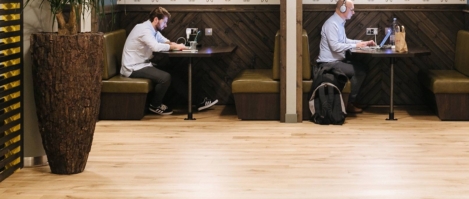December 4, 2015
Employees and managers value holidays and flexible working differently 0
 It’s become an accepted piece of wisdom that at the top of every employee’s wish list when it comes to their working conditions is more flexible working. That might be not entirely true according to a new study of employees and managers carried out by recruitment firm Robert Half. The report suggest there is a significant mismatch between what employees want and what employers think they would like when it comes to holidays and flexible working and other conditions. Topping the wish list for employees is more holiday and annual leave, ranked most popular perk by almost four in 10 (38 percent) respondents and ahead of more flexible working hours (28 percent), more training or professional development opportunities (16 percent), home working/telecommuting (12 percent) and other corporate services such as ironing services or fitness centre (3 percent).
It’s become an accepted piece of wisdom that at the top of every employee’s wish list when it comes to their working conditions is more flexible working. That might be not entirely true according to a new study of employees and managers carried out by recruitment firm Robert Half. The report suggest there is a significant mismatch between what employees want and what employers think they would like when it comes to holidays and flexible working and other conditions. Topping the wish list for employees is more holiday and annual leave, ranked most popular perk by almost four in 10 (38 percent) respondents and ahead of more flexible working hours (28 percent), more training or professional development opportunities (16 percent), home working/telecommuting (12 percent) and other corporate services such as ironing services or fitness centre (3 percent).



































November 23, 2015
The benefits of peeling back the layers of the workplace onion 0
by Darren Bilsborough • Comment, Flexible working, Technology, Workplace, Workplace design
More →